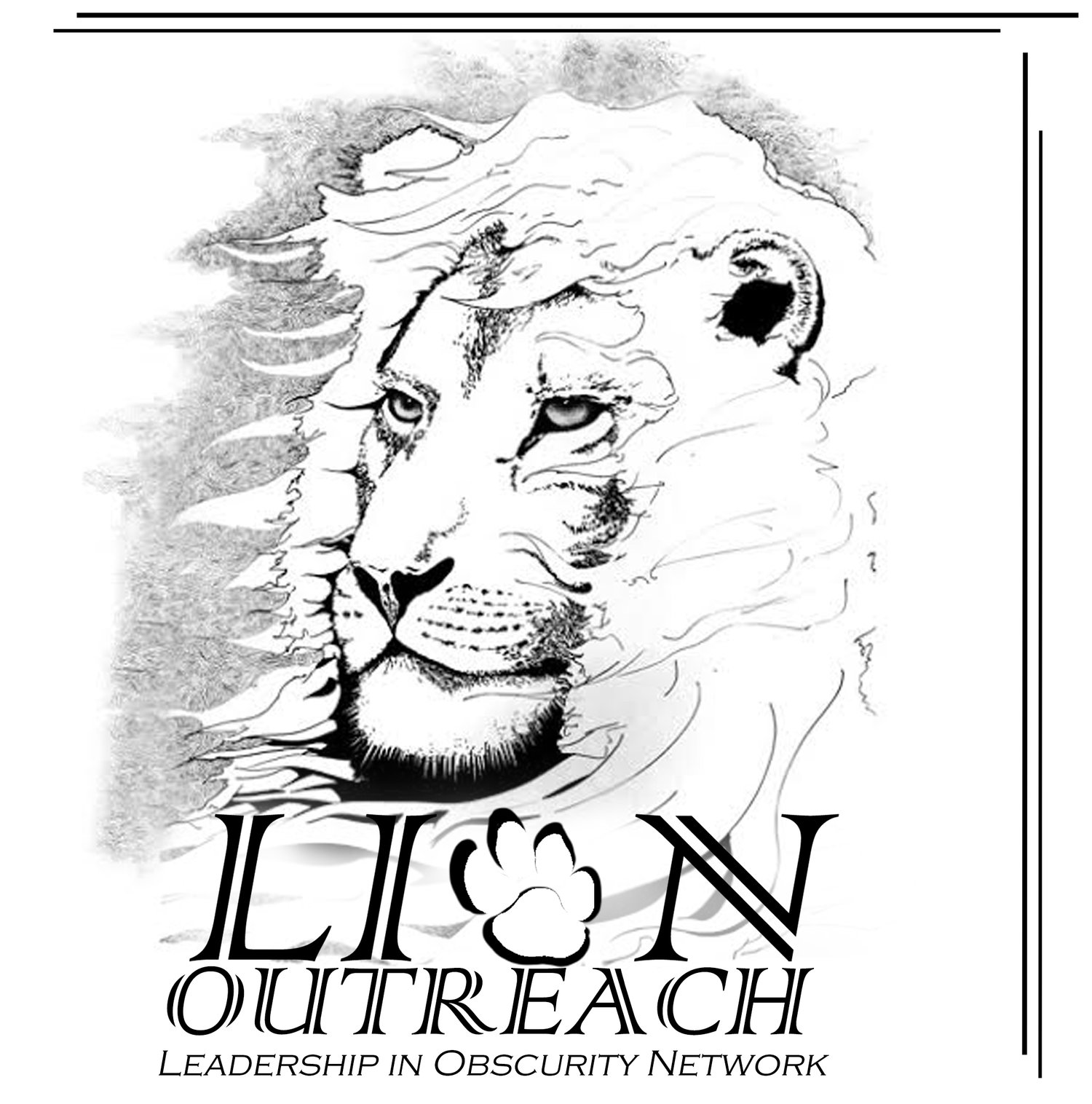Why is L.I.O.N. focusing on Orality?
Over the short history of the Leadership in Obscurity Network, we have pursued the goal of networking individuals and other organizations on behalf of leaders working in obscurity throughout the developing world. We began in south India with the Faith, Prayer, and Tract League. Soon our efforts to train, equip, encourage, and empower these leaders spread to many other cities and states in India.
In each setting, we attempt to develop styles & resources that are most effective for that region & language.
When teaching in rural areas, for example, we use a different approach than in the cities. Equipping middle-class church planters takes different resources and methods than working with evangelists and pastors working in orality.
Of course, we are not doing this on our own. A core value for us is “to network individuals and organizations on behalf of the leadership in obscurity.” In every area we serve, and for every project, we try to identify partner organizations with whom to work.
As a result, we have now committed to serve with other ministries who are focused on the orality movement in missions.
What is Orality?
“Orality” refers to reliance upon the spoken, rather than written, word for communication.
Before writing was developed, cultures passed along traditions, including history, identity, and religion, through stories, proverbs, poems, songs, riddles, etc. These are all oral art forms. They are spoken, sung, or chanted. They are often woven into ceremonies, dramas, and rites of passage.
Purely oral societies pass along everything that matters from one generation to another without putting anything into writing. They rely on the spoken word, songs, dance, and drama.
When people live by orality, it affects a great many things about their cultures. Because they do not write anything down, they work more on remembering things. To do so, they repeat well-known, treasured sayings and stories to pass along information, particularly if it does not come in a memorable format.
Oral cultures work at putting every important truth or piece of information into easily-remembered forms. Proverbs, poems, and songs are often easier to remember than lists of facts.
Understanding orality helps us find the best way to present the Bible’s message so more can understand it, believe it, and pass it on to others.




